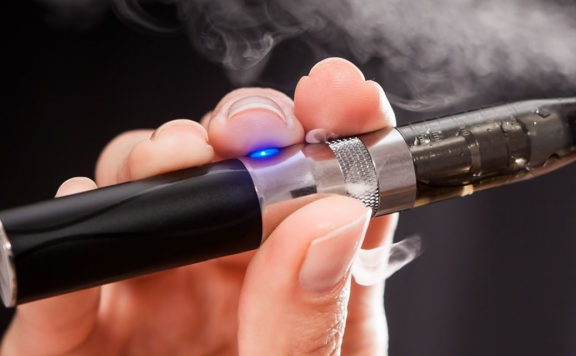The recent announcement that Dr. Brian King will be taking the reins of leadership at the Food and Drug Administration’s Center for Tobacco Products (CTP) in July came as a surprise to many in the Vaping community. This is particularly because Dr. King’s view of e-cigarettes is rather negative and his understanding of vaping is not comprehensive enough, leading him to make less than pertinent decisions.
Secondly, the FDA has to reform its rules governing the funding for the center that regulates the tobacco sector. While all other FDA centers are funded directly by the taxpayer via the congressional budget, the Center for Tobacco Products (CTP) is funded mainly by user fees paid by the manufacturers of tobacco products. Unfortunately, these fees only come from six classes of tobacco products, and the e-cigarettes and most other vaping products are not among these six.
What this means is that the CTP has to use funds from the sale of some of the most harmful tobacco products such as cigarettes to research and regulate the less harmful products such as e-cigarettes. These less harmful products are currently not subject to any of the fees that fund the CTP directly. While the CTP is expected to be impartial, this funding arrangement makes many in the vaping community doubt if this can be achieved. Furthermore, the presence of someone who already does not believe in these less harmful tobacco products at the helm of CTP further complicates matters regarding the main funding source for the center.
Besides, today we have thousands of less harmful tobacco products at the FDA waiting for authorization. The problem with Dr. King is that while working at the Centers for Disease Control and Prevention he openly spoke against e-cigarettes and other less harmful tobacco products while relying on some less reliable studies. For example, in 2017 and 2019, Dr. King said this on numerous occasions about e-cigarettes:
“Advertising is bringing the horse to water. The flavors are getting them to drink and the nicotine is keeping them coming back for more.”
In addition, while talking about ultrafine particulate matter in e-cigarettes Dr. King has driven false narratives and misinformation about e-cigarettes and other vaping products. He has also teamed up with anti-vapers in the past. For example, he co-authored studies on vaping founded by Michael R. Bloomberg who has in the past donated millions of dollars to activities seeking to ban less harmful flavored products such as smokeless tobacco and e-cigarettes. This makes Dr. King less than ideal to head the CTP.
Perhaps what is even scarier for many in the vaping industry is the role King played in confusing the public regarding the widespread cases of lung injuries. In 2019 while at the CDC Dr. King blamed e-cigarettes for the spate of lung injuries despite being made aware that a significant number of young adults were vaping tetrahydrocannabinol (THC) long before the outbreak.
Everyone agrees that Dr. King may be the most qualified and experienced person to lead any FDA subagency. But a look at his past works makes him the least suitable person for the CTP job. He is distrustful of less harmful products he is expected to regulate. More so he has worked with those working to undermine these products. But scarier is the fact that he has a history of disregarding scientific data. This in itself spells doom for the vaping community.
The Good news however is that Dr King understands that many adults who use flavored e-cigarettes do so as a path to quitting smoking. This can be found in the study he co-authored in 2016 which found that 84.5% of e-cigarette users were using e-cigarettes for cessation or health reasons. This gives some hope that Dr Kingi given the right tools will help adults who want to quit smoking accesses the right tobacco products they need on their journey.







